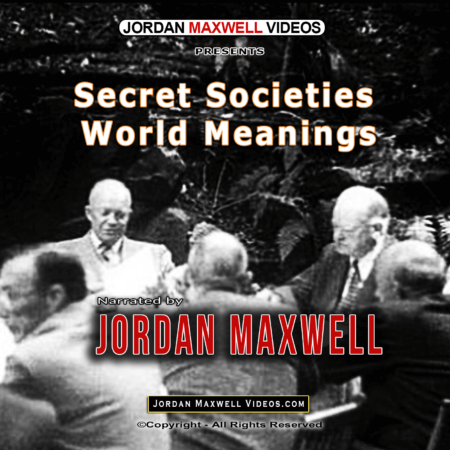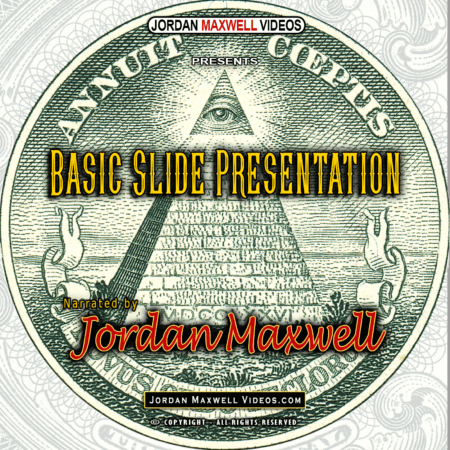Description
Know Your Rights: A Simple Guide to the United States Constitution
Understanding the United States Constitution is essential if you want to know your rights as a citizen. Beyond organizing the three branches of government, the Constitution also limits state power and protects individual liberty. Moreover, it sets guardrails for elections, courts, and law enforcement so people and institutions play by clear rules. In short, this United States Constitution guide highlights what matters most in day-to-day life.
Topics: United States Constitution guide, Bill of Rights, civil liberties, due process, free speech, Jordan Maxwell.
The Bill of Rights: Your Core Protections
The first ten amendments—known as the Bill of Rights—form the backbone of personal freedom. Together, they secure freedom of speech, religion, and the press. These amendments also protect the right to keep and bear arms, to a fair and speedy trial, and to be free from unreasonable searches and seizures. In daily life, these guarantees shape how you interact with police, schools, employers, and courts.
Real-World Examples
For example, if officers arrest you, the Fifth and Sixth Amendments ensure you can remain silent and request an attorney. Likewise, if you organize a peaceful rally, the First Amendment protects your right to assemble and to express your views without government retaliation. Additionally, if authorities want to search your home, the Fourth Amendment generally requires a warrant based on probable cause.
Why Knowing Your Rights Matters
Knowing your rights does more than pass a civics test—it empowers you to act confidently. Whether you are voting, responding to a traffic stop, or serving on a jury, clear knowledge supports better choices and fair outcomes. Consequently, informed citizens strengthen communities and hold public officials accountable.
A Living Document
Courts interpret the Constitution through cases that test the limits of government power. Meanwhile, scholars and advocates debate how original meaning, precedent, and modern realities should guide those decisions. Therefore, staying informed about key rulings helps you understand how constitutional principles apply today.
Key Rights at a Glance
- First Amendment: Speech, press, religion, assembly, and petition.
- Second Amendment: Right to keep and bear arms.
- Fourth Amendment: Protection from unreasonable searches and seizures.
- Fifth Amendment: Due process, protection against self-incrimination.
- Sixth Amendment: Speedy and public trial, impartial jury, counsel.
- Eighth Amendment: No cruel and unusual punishment.
- Ninth & Tenth Amendments: Rights retained by the people; powers reserved to the states and the people.
Learn more and read the full text at
Constitution Annotated (Library of Congress).
Own The complete 27-DVD collection
A comprehensive journey through Jordan Maxwell’s research.

Request Jordan Maxwell’s 27-DVD legacy collection for just $399. Act now while it’s on sale!
Jordan Maxwell: Wikipedia
Jordan Maxwell 27 DVD Collection
© Jordan Maxwell Videos. All Rights Reserved.









